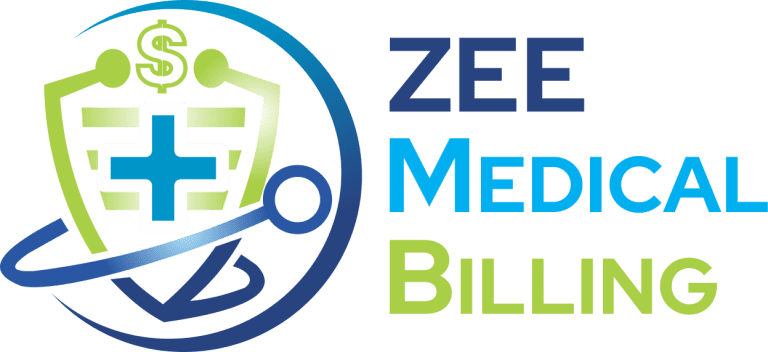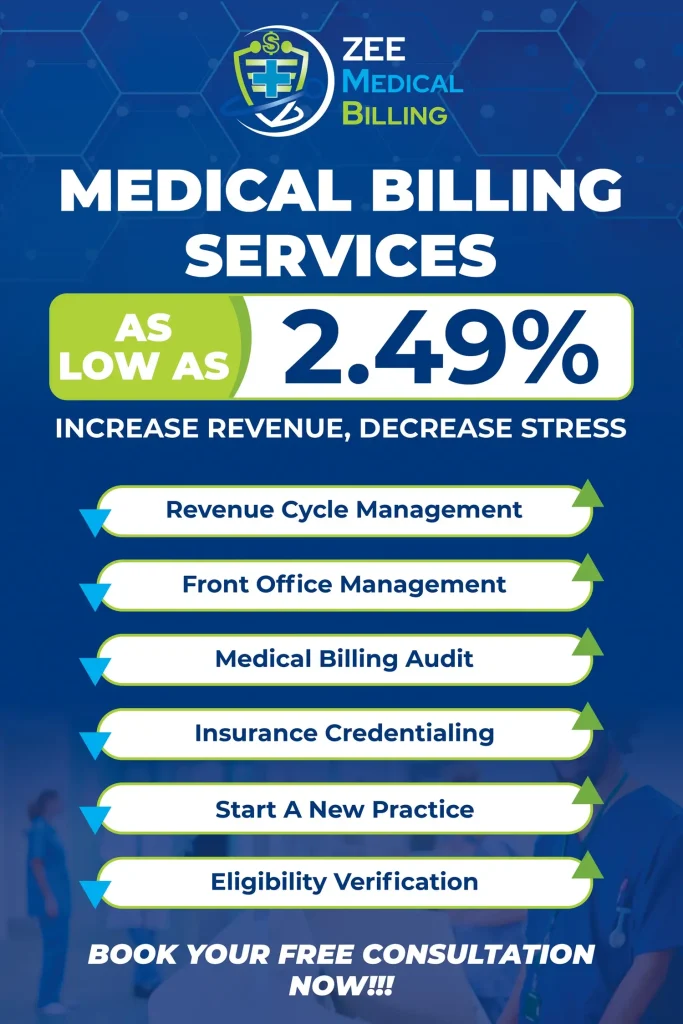In the present medical services environment, associations are feeling the squeeze to convey excellent patient consideration while overseeing increasing expenses. A demonstrated method for accomplishing cost reserve funds without compromising quality is outsourcing. By outsourcing non-center capabilities to specific suppliers, medical care associations can streamline processes, diminish expenses, and increase productivity. The following are 10 key ways healthcare outsourcing can altogether lessen costs.
1. Reduce Administrative Expenses
Overseeing administrative tasks, for example, in-house billing, booking, and information passage, can be expensive. Outsourcing these capabilities to an outside supplier that works in healthcare management can lessen work costs, dispose of inefficiencies, and guarantee consistency with industry guidelines.
Read More: Advantages of Outsourcing Mental Health Billing Services
2. Diminish Labor Costs
Recruiting, training, and holding full-time employees requires a critical venture. Outsourcing gives medical services suppliers access to qualified experts without the long-term financial burden related to pay rates, advantages, and preparing programs. This is particularly valuable for specific jobs like medical transcriptionists and coders.
3. Improve Revenue Cycle Management (RCM)
Outsourcing revenue cycle management services, for example, claims handling and medical billing, can assist medical care associations with further developing income and diminishing the chance of errors. Outside suppliers use advanced innovation and the ability to smooth out the billing system, limit claims denials, and guarantee quicker repayment.
4. Reduce IT and infrastructure costs.
Keeping up with your IT division requires critical equipment, programming, and skilled personnel investments. Outsourcing IT administrations, for example, electronic health record (EHR) management, network protection, and distributed storage, allows medical services suppliers to use state-of-the-art innovation for a portion of the expense.
5. Admittance to Expertise
Outsourcing gives medical services suppliers access to a global pool of highly trained experts, including medical-trained professionals, radiologists, and clinical technologists. Rather than employing costly in-house specialists, medical care associations can go to outside assets while required, decreasing general costs.
6. Effective Supply Chain Management
Overseeing the acquisition and store network operations in-house can be expensive and complicated. Outsourcing these capabilities to an outside supplier allows healthcare organizations to smooth out buying, negotiate better provider contracts, limit waste, and eventually lessen supply chain costs.
7. Improved Patient Care
Giving all-day, full-time patient care can be costly. Outsourcing call focus, booking, and Telehealth services to master suppliers can work on quiet insight while decreasing functional expenses. Many outsourcing suppliers offer multilingual help, further working on understanding correspondence and satisfaction.
8. Reasonable Medical Transcription
Medical transcription is a time-consuming task that requires exactness and adherence to industry standards. Outsourcing transcription services to specialists in the field ensures accuracy while lessening work and overhead costs.
Read More: RPA and Its Role in Revenue Cycle Management
9. Regulatory Compliance and Risk Reduction
Following continually changing health guidelines can be difficult and expensive. Outsourcing compliance management, reviews, and lawful guidance guarantees adherence to industry principles and decreases the risk of expensive fines and liability.
10. Scalability and Adaptability
Outsourcing allows healthcare organizations to increase or downsize their administration depending on the situation. Whether it’s overseeing occasional patient peaks, growing telehealth benefits, or adjusting to industry changes, rethinking gives the adaptability to oversee costs without compromising patient consideration successfully.
Conclusion
Healthcare outsourcing is an essential methodology that permits organizations to keep up with top-notch patient considerations while diminishing expenses. By outsourcing non-center capabilities like organization, IT, charging, and support services, medical services suppliers can further develop effectiveness, strengthen compliance, and focus on their central mission of conveying great patient outcomes. As the business develops, outsourcing will remain an important tool to accomplish sustainable cost management and operational excellence.









